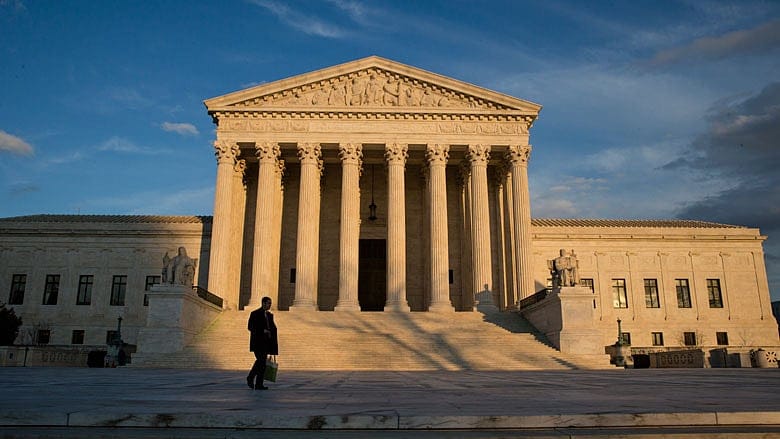Justice Without Process?

Procedure is a pillar of justice.
The American Founders knew that an ordered and accepted means of settling disputes and adjudicating disagreements was fundamental to the public good. In fact, procedure was so important to the Revolutionary generation that the idea was specifically incorporated into the federal Constitution as "procedural due process."

